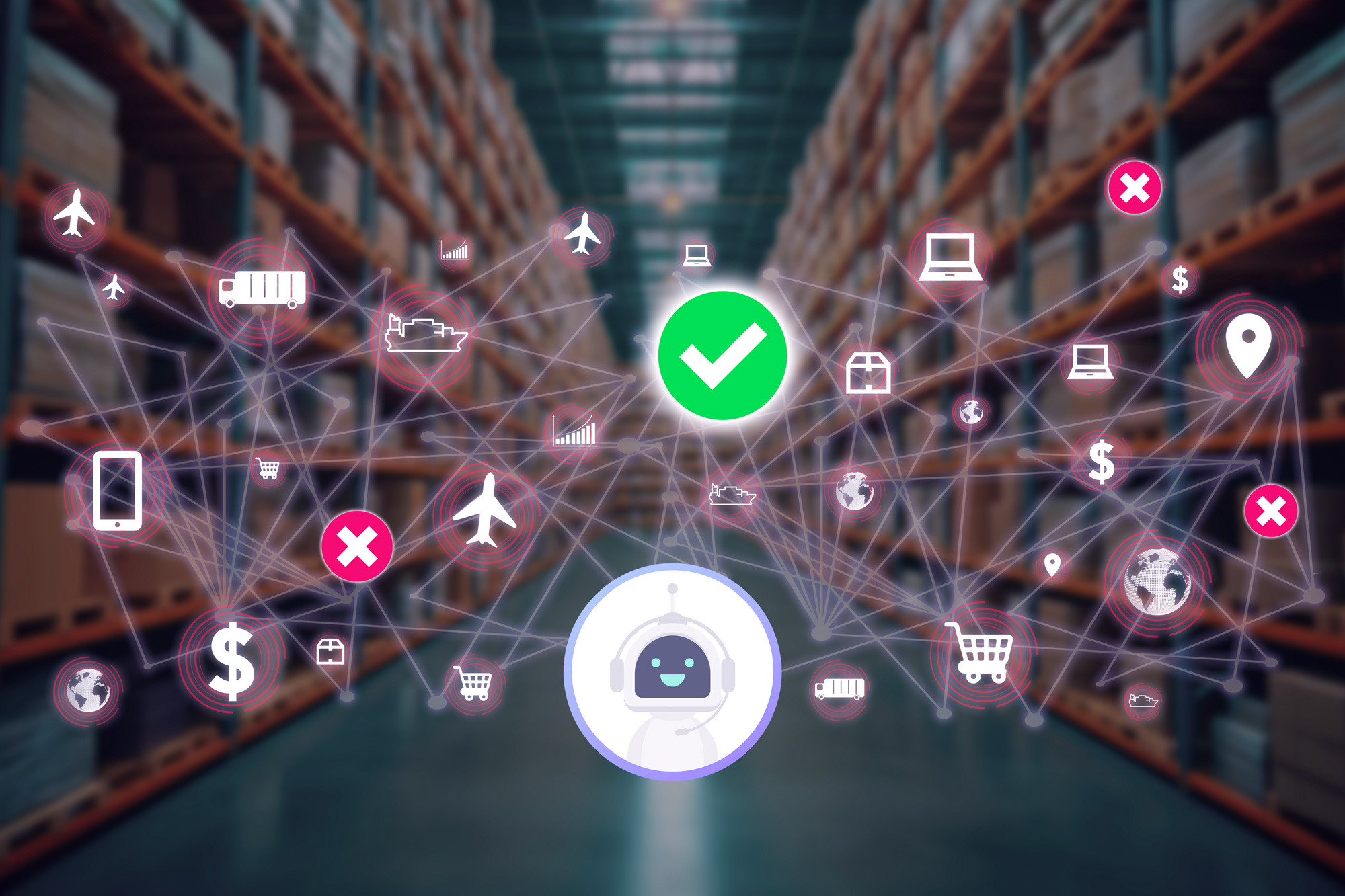
In 2025 jobs will require a unique blend of technical and human capabilities. People who will invest their time and energy in developing these key skills will greatly be benefitting in what will be an ever-more competitive environment. From 2025 onwards, proficiency in AI might become an equally important skill set like any basic computer literacy today.
Anyone with a firm grasp of AI tools will have a substantial edge over those who do not. Marketing gurus will need to master AI for content creation and campaign optimization. Healthcare professionals will apply AI in the areas of diagnostics and treatment planning.

Financial analysts will rely on AI for predicting markets and assessing risks. Customer service teams will be working with an AI support system. Prompt engineering to maximize the outputs from AI Customizing the AI for business needs AI ethics and limitations Recognizing when human contribution is relevant AI systems are developing with each passing day, yet, they still need human intervention.
The capacity to construct advanced AI interfaces will become heavily in demand across different industries. It is well supported in several scholarly articles that AI fluency is the crux skill for propelling your career. Technology has become the engine for growth across industries.
Leaders capable of leading organizations through such digital change will be highly sought after in 2025. Traditional industries need mid-level managers to guide their digital transitions IT directors should expect their other roles as strategic business partners Startup founders will have to build digital-first businesses Technology implementation will be the focus of project managers of the future Successful digital transformation is not just about applying new technologies. It is about building environments conducive to innovation and putting in place clear metrics for success.
Leaders are required to negotiate the security of data when introducing new digital systems. In 2025, the half-life of skills will be heavily reduced, such that the ability to learn new things will mean everything for the sustenance of one's career. Software developers, as languages and frameworks evolve quickly Healthcare providers who need to adjust to new medical technologies Manufacturing workers learning how to behave in an automated environment Teachers making use of new educational technologies Legal professionals coping with AI-supported research and compliance instruments Develop personal learning habits Scavenge across disciplines Partake in communities of practice Accept micro-credentials and short certifications Educational reform is offering flexibility as far as modes of study are concerned.
Organizations are prioritizing candidates because of their commitment to continuous learning. Young studies point toward trends shaping the future of work that see learning agility as a primary discriminant for career advancement in the near future. The coalescence of strategic foresight into complexity will continue to give human cognition an upper hand regardless of advanced technology.
Strategic Thinkers will score a heavy premium by 2025. Consultants assisting their clients in wrestling with industry disruptions City planners engaged in the designing of adaptive cities Supply chain managers building for resiliency Research and development heads scouring for emerging opportunities Policy advisors in charge of the long-term societal challenges Establishing long-term consequences Dealing with ambiguity and uncertainty Synthesizing information from disparate sources Systems-level perspective formulation Those on the cutting edge of brilliant professionals will be those who interconnect two seemingly unrelated ideas and bring forth innovative solutions. Accordingly, many organizations seek candidates who can build real-world applications to showcase their brilliant problem-solving skills.
As automation takes care of routine work, human skills will become a treasure. Emotional intelligence (EI) will form the basis of effective leadership and team success. Fully remote and hybrid workplaces where digital communication is the norm Cross-cultural teams that require sensitivity to different perspectives Relationships under pressure, like in emergency service and crisis management Client-facing roles in sales, hospitality, and professional service Organizational pivot contexts during mergers and restructuring In an increasingly digital world, the ability to form a genuine connection with others will be valued the most.
Leaders who excel at understanding human emotions will continue to create stronger teams and drive better outcomes. Those who integrate technological and uniquely human features will thrive in 2025. The development of AI fluency combined with emotional intelligence can propel professionals to the leading edge of their respective fields.
Balancing digital leadership with continuous learning and strategic foresight creates another powerful skills combination. Begin today by assessing your present abilities and drawing up a development plan. Concentrate on those areas in which you can achieve maximum impact within your career context.
The future workplace will reward professionals who combine the two dimensions: technological plus human..














